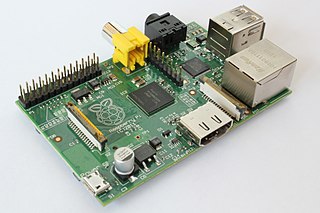In 1950, legendary British computer scientist (and cryptologist!) Alan Turing devised a test. To pass, a computer program would have to hold a five minute text/keyboard conversation with humans and be so convincing that more than 30% of the interrogators would regard it as human.
A program simulating a 13 year old named “Eugene Goostman” just became the first computer program to pass the Turing test by convincing 33% of its human interrogators.
That is truly a milestone and a very significant achievement. Everybody who has ever thought about this will appreciate that conducting a broad conversation for a number of minutes is actually not that easy.
Did you know… in geek circles the Turing test is also commonly used in jokes, with someone wondering whether a particular fellow human (politician?) would actually pass…
Of course, we have to recognise that the sole purpose of Eugene Goostman was to pass the Turing test. Speaking as a programmer, building a system for a highly specific task with clearly defined rules and boundaries is, in the grand scheme of things, peanuts – compared to a human having to deal with all the variables in the real world. Still, it’s real progress. Well done to all the awesome programmers and other scientists involved in this project!



My grade 4 son played this with me a few times, his feedback was it was too easy but fun,…
Brad